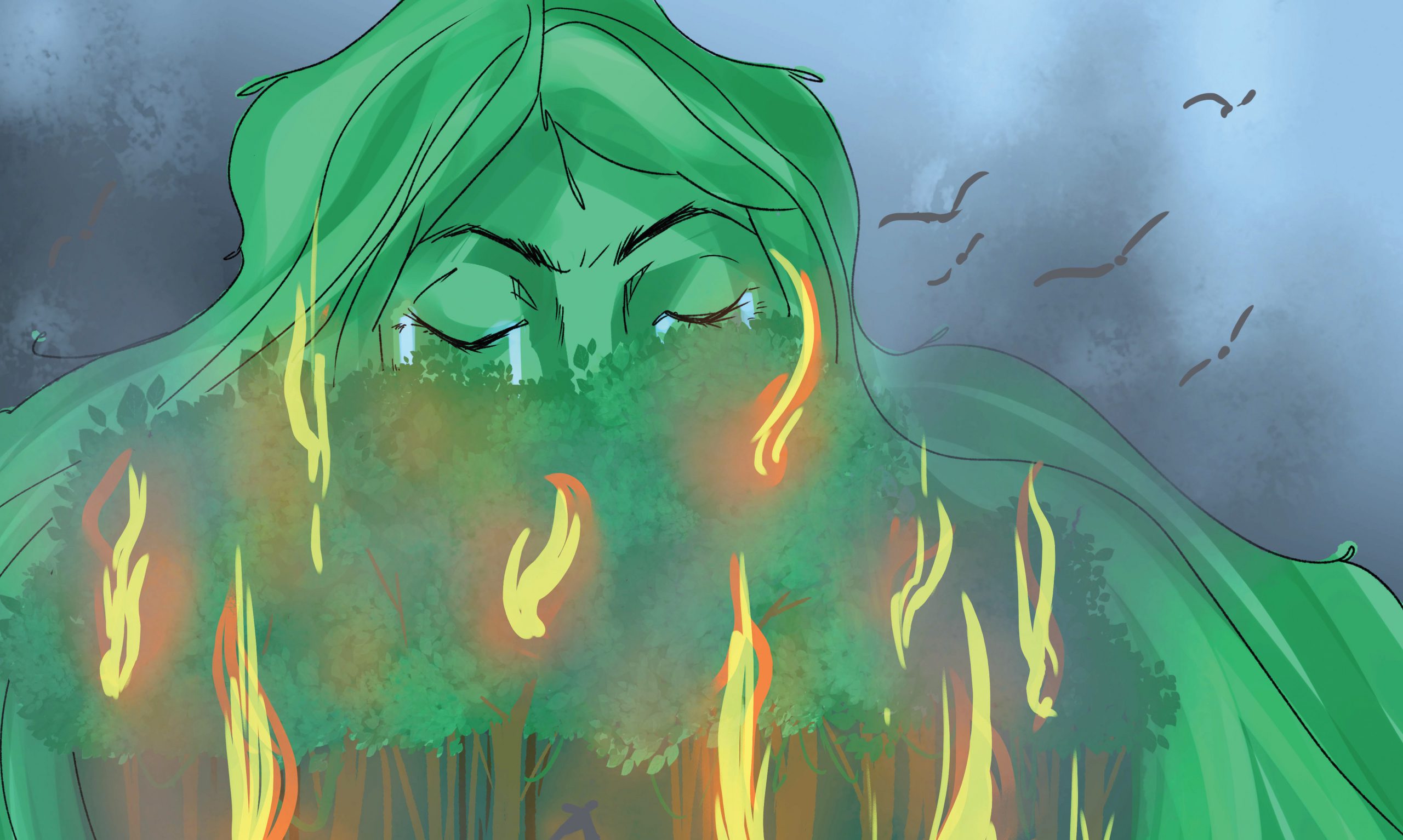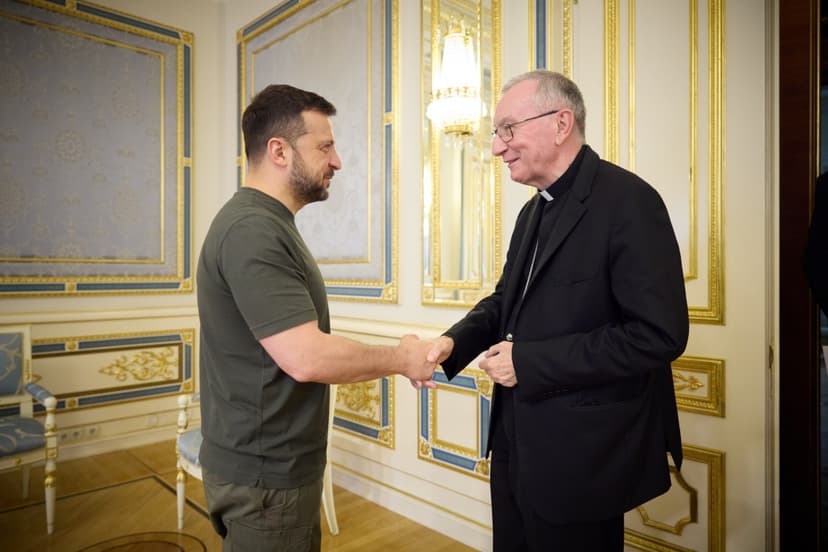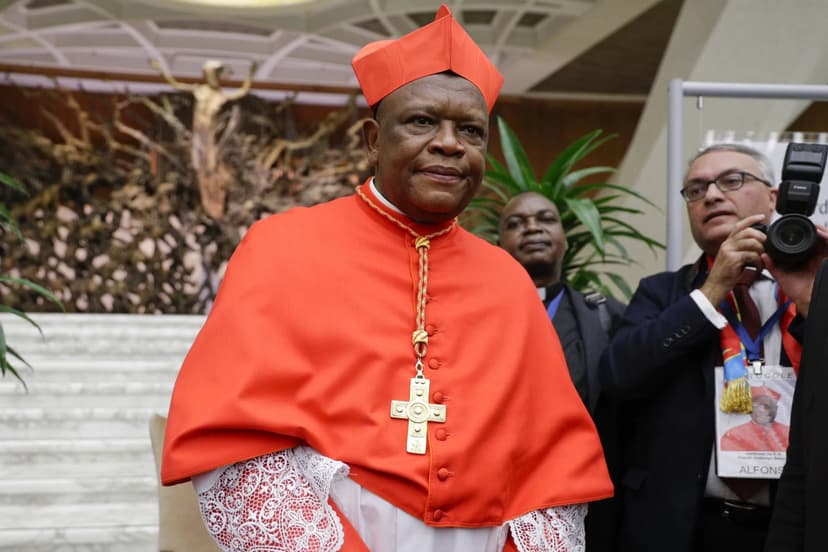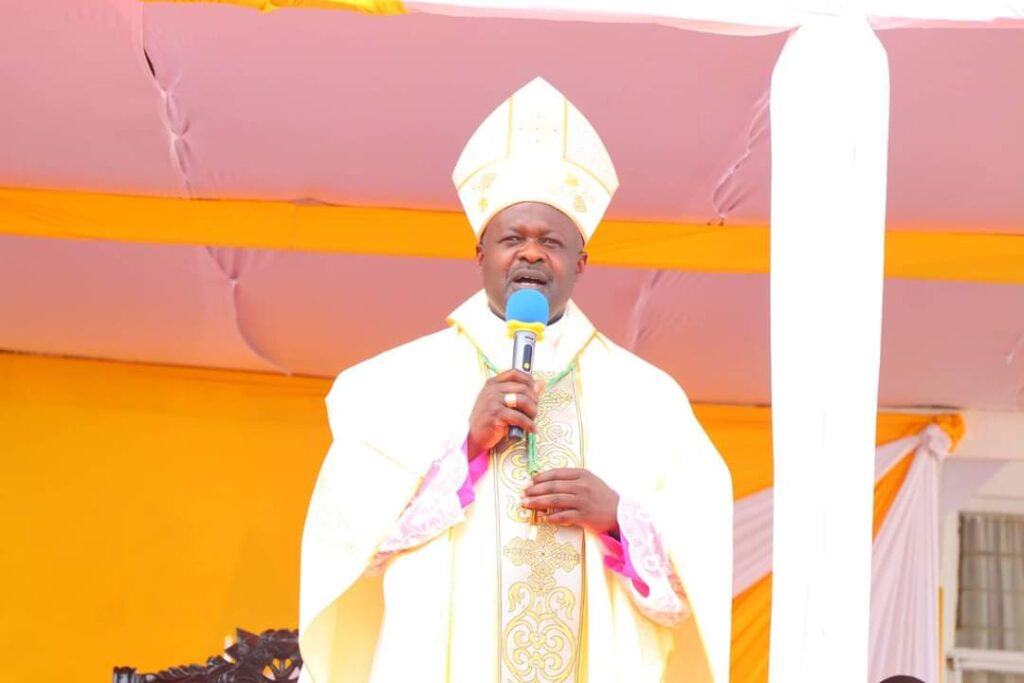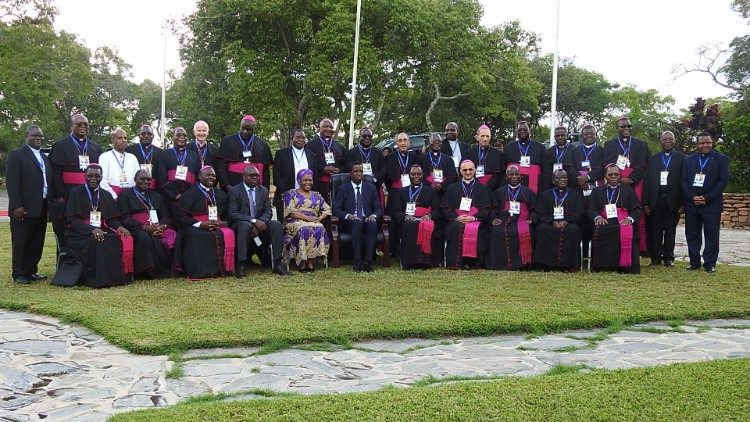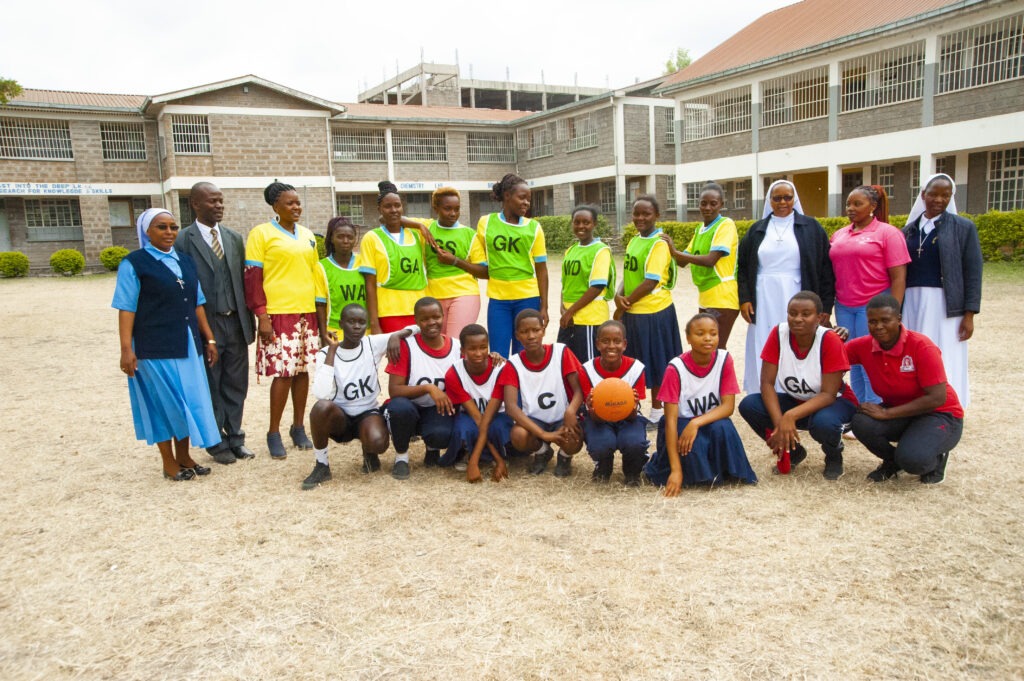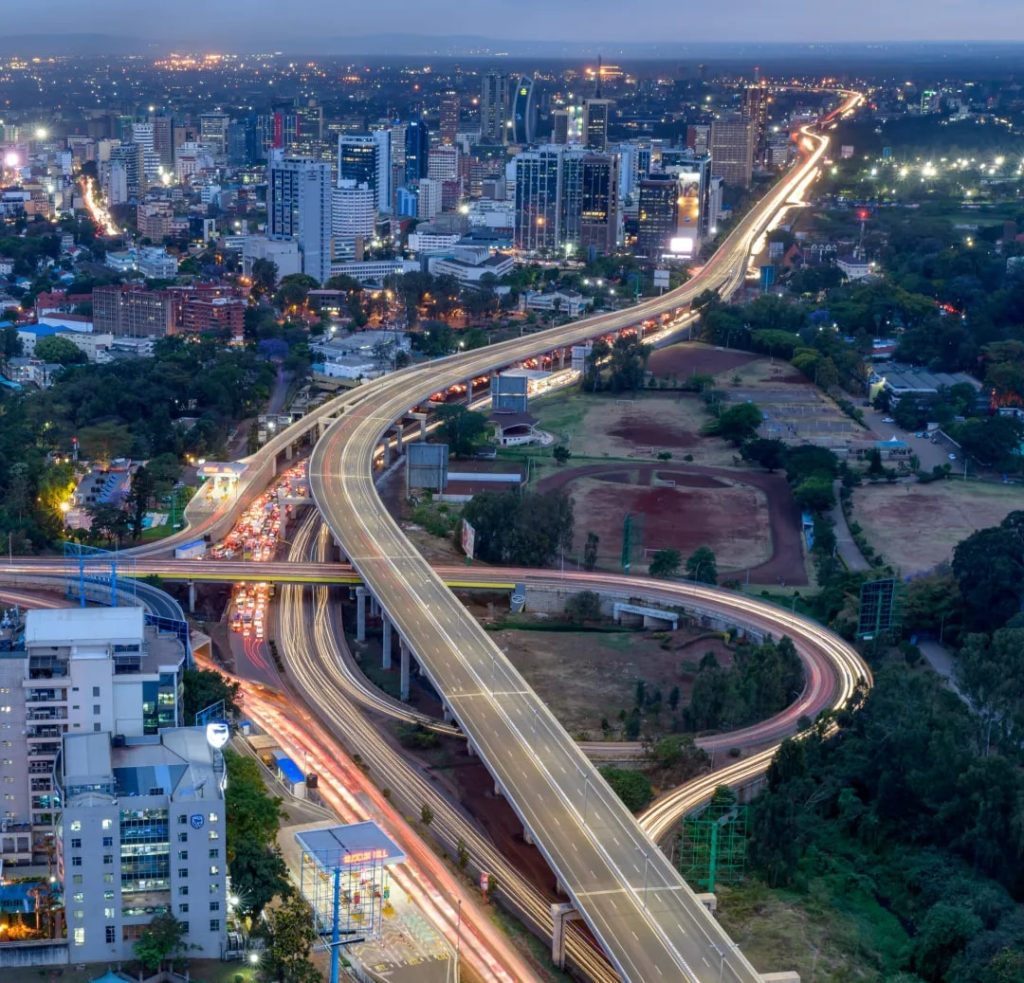Called to make a difference
We have a crucial message to bring to the people of our time and place, which is fully in line with the Good News: “We need to take greater care of our common home!” Safeguarding Creation is everyone’s responsibility.
By Peter Knox, SJ
This year, 18th October marks World Mission Sunday, and, in many Catholic circles, the entire month of October is dedicated to praying specially for the missions. Normally, we think of missionaries as those people who have left their homes and are spreading the Good News in some foreign country, or among a people not normally recognised as their own.
Since the beginning of Christianity, missionaries have gone out in obedience to Jesus’ final specific instruction to the Eleven: “Go out to the whole world; proclaim the Gospel to all creation” (Mk 16:15), or, as Matthew tells it: “Go, make disciples of all nations. Baptise them in the name of the Father and of the Son and of the Holy Spirit, and teach them to observe all the commands I gave you” (Mt 29:19). This is known as the ‘missionary mandate’ of the Church.
We are all ‘sent’ – Last year, for World Mission Sunday, Pope Francis told us that we Christians are all missionaries by virtue of our baptism: that means, not because we have joined some special missionary organisation, but because we are members of the Church of Christ, we share in Christ’s mission to the world.
This year, because of the Covid-19 pandemic, we are obviously not going to the ends of the earth. It would not be safe for us to do so, or for the people whom we might meet there. But Pope Francis says that the Church is no less missionary, despite how fragile and disoriented we are. We are all needed, and in answer to God’s call – “Whom shall I send?” –, we should all respond, along with the prophet Isaiah: “Here I am, send me!” (cf. Is 6:8). We do not need to be able to travel internationally, or even outside of our own counties.
We can be missionaries at home, to our families, and our next-door neighbours. We have a crucial message to bring to the people of our time and place, which is fully in line with the Good News: “We need to take greater care of our common home!”
Pope Francis made this clear in his great encyclical letter Laudato si’, whose fifth anniversary the Church is celebrating this year: our earth is really suffering from so many crises caused by humans: climate change, pollution of the land, air and water, deforestation, unequal distribution of wealth, destruction of biodiversity, etc. Every human being across the planet is affected by the suffering of our earth. Our health is directly affected by pollution and climate change; our food and water are getting more expensive, and while some people can afford excess, others can barely feed their families.
Ecological citizens – Pope Francis is encouraging each of us, as a missionary, not only to speak about the problems about our earth, but also to do something about them. To mark the anniversary of Laudato si’, the Office for Integral Human Development in the Vatican published a very readable 227-page document full of practical initiatives we can take to protect our environment, titled Journeying for the Care of the Common Home. It tells us that it will not be a short, quick trip to fix our planet, but that it will require a long-term commitment.
 Right at the start, we need to learn about what would make our world work better, and care enough to want to make the difference. We can learn from the long tradition of monks in Christianity and other religions who have lived in harmony with nature for centuries. We need to realise that there is a link between protecting our families and protecting all life around us. When things get out of balance, we see swarms of locusts devouring the food on which our lives depend.
Right at the start, we need to learn about what would make our world work better, and care enough to want to make the difference. We can learn from the long tradition of monks in Christianity and other religions who have lived in harmony with nature for centuries. We need to realise that there is a link between protecting our families and protecting all life around us. When things get out of balance, we see swarms of locusts devouring the food on which our lives depend.
Schools should be teaching our children how to live as good ‘ecological citizens’, seeing that our relationship to the rest of creation should be marked by solidarity and care, rather than asking only: “What can I get out of it?” Universities should be helping us to understand the complex set of relations between all things on the planet, and should train students in professions that can help us to help our homes. We also need to realise that we Catholics are not alone on the mission to care for our common home, but that members of other Churches and faiths are trying to do the same thing, and that we can work alongside them, with a common understanding.
Changing lifestyles – Our media outlets should be doing all they can to challenge ‘fake news’ and people spreading the idea that everything is okay, or that there is no crisis. We have to learn how not to waste food or water, and how to help all people to get these basic human rights. We have to rethink where our energy comes from, and whether it is damaging the planet.
Kenya is among the leaders in searching for alternatives to coal and oil-based energy in Africa. We can spread that good news, and celebrate by using the abundant sunshine God has given us. The major question of pollution challenges us all.
The Vatican document teaches us how we can reduce our pollution footprint by not getting unnecessary things in the first place, and by reusing or recycling what we have got. The simple activity of sorting our waste into glass, metal, plastic, compost, paper, electronics, etc., puts us into a much stronger position in dealing with our ‘throwaway’ goods.
Our financial institutions should be investing in companies that will make a positive contribution to the health of the planet, and not in fossil fuels. Every citizen should play his or her role by paying taxes, and not hiding their income. We can all join together in the fight against corruption, which steals money from the nation, to put it in the pockets of the wealthy and well connected.
A book of 227 pages might not seem to be a way to ‘celebrate’ the 5th anniversary of Laudato si’. Yet, if we just dip into a few pages of it, we will find inspiring suggestions for our mission to care for Planet Earth, our mother. I wonder how soon it will be available in Eastern Africa or in Kiswahili.

